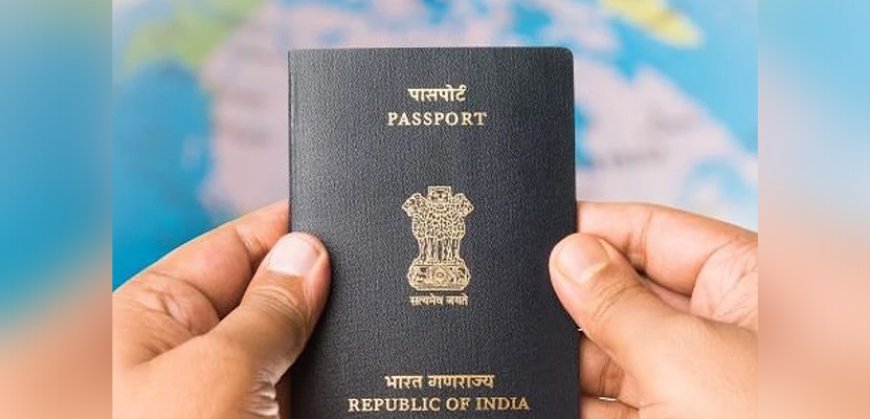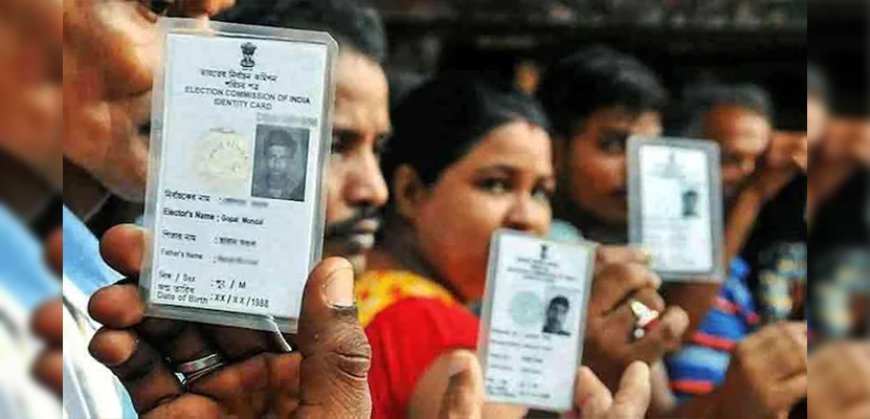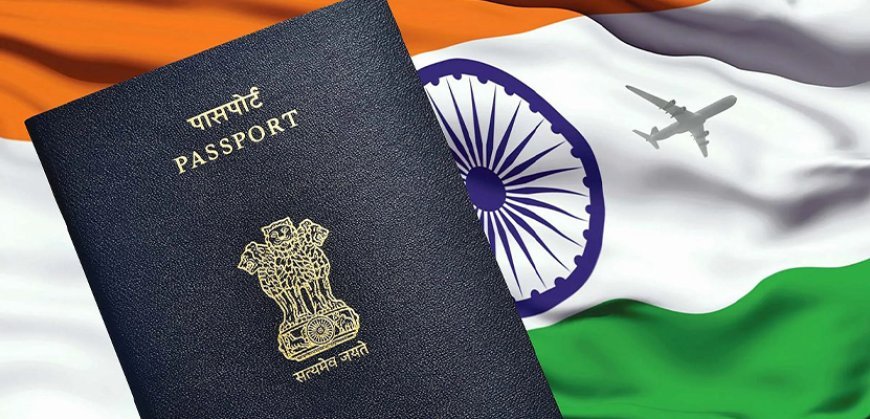Valid Proofs of Indian Citizenship You Probably Didn’t Know About
Relying on Aadhaar to prove you're Indian? You might be wrong. Discover which documents actually confirm your citizenship.

We use Aadhaar for everything: getting a SIM card, opening a bank account, booking a train ticket. It’s the most flashed ID in India. But here’s the catch: Aadhaar doesn’t prove you’re Indian. It says so right on the card. “This is not a document of citizenship.” Still, most people don’t realize that until it matters.
That moment might come during a passport renewal, a property deal or even something bigger like proving your right to vote. So if not Aadhaar, what does prove your citizenship? Let’s make sense of it.
First, Here’s What Does Count
These are the documents the Indian government officially accepts when it comes to proving you're a citizen:
Passport
This one’s solid. If you have a valid Indian passport, whether it’s current or expired (but not cancelled), you’ve got clear proof. A passport is issued only to Indian citizens, so it's a direct, no-doubt-about-it document.
Birth Certificate
Were you born in India? If your birth was officially registered under the Registration of Births and Deaths Act, 1969, your birth certificate is strong proof of citizenship. Especially if your birth took place before 1987. If it’s after that, authorities might also look at your parents’ details.
Voter ID (EPIC)

If you’re old enough to vote, you know this one. The voter ID is given only to Indian citizens aged 18 and above. So, if you have it, it confirms your citizenship. Just make sure your details match across other documents too.
What Else Can Help (In Specific Cases)
Not everyone has a passport or a birth certificate. And not all situations are straightforward. If you fall into one of these categories, these documents might apply:
Domicile Certificate
This shows you’ve lived in a particular state for a long time. It’s not direct proof of being Indian, but it can help, especially in regional or legal matters like property claims or NRC cases.
Nativity Certificate
This one is useful when birth records are missing. It’s issued by local authorities to confirm your place of origin, often based on family history.
Citizenship by Marriage or Registration
If you’re a foreign national married to an Indian and have been living here for at least 7 years, you can apply for Indian citizenship. Once granted, the citizenship certificate from the Ministry of Home Affairs becomes your official proof.
Citizenship by Descent
Born outside India but your parents (or even grandparents) are Indian? You might qualify for citizenship by descent if your birth was registered at an Indian consulate. A descent certificate or consular registration paper is needed here.
OCI / PIO Card
Let’s be clear, this does not prove Indian citizenship. OCI (Overseas Citizen of India) and PIO (Person of Indian Origin) cards only show Indian roots, not nationality. You can’t vote or hold an Indian passport with just this.
Common IDs That Don’t Prove Indian Citizenship
Here’s what doesn’t prove you’re a citizen, no matter how often people use them:
· Aadhaar Card – It proves identity, not nationality.
· PAN Card – It’s just for taxes.
· Ration Card – It’s about food security, not citizenship.
· Driver’s License, Utility Bills – Useful for address proof, but not valid for citizenship.
Real-World Impact of Missing Citizenship Documents
This isn’t just about documents. It’s about your rights. We’ve seen cases where people couldn’t vote, apply for a passport or claim property just because they didn’t have the right proof of citizenship.

In states like Assam, thousands were dropped from citizenship lists during NRC because their papers weren’t in order. That’s why it’s smart to check your documents now before you actually need them.
Conclusion
Don’t wait for a crisis to sort your paperwork. If you’re relying on Aadhaar, you might be in for a surprise. When it comes to proving you’re Indian, it’s your passport, birth certificate, or voter ID that truly count. The rest? Just supporting players. So take a minute, check your records, and keep your citizenship documents ready. Because when it matters, only the right document speaks loud enough.
FAQs
Is Aadhaar proof of Indian citizenship?
No. Aadhaar is only proof of identity and address, not citizenship. It cannot be used to prove you are an Indian national in legal, electoral or immigration matters.
What documents can I use to prove my Indian citizenship?
You can prove your Indian citizenship using a valid or expired Indian passport, a birth certificate registered in India, or a voter ID card (EPIC). These are considered primary and legally recognized documents for establishing citizenship.
Is a PAN card valid proof of citizenship?
No. PAN is a tax identification document. It shows you're part of the tax system, not that you're a citizen.
Can a domicile certificate prove I’m Indian?
Not directly. A domicile certificate confirms you’ve lived in a state for a long time, but it’s not a standalone proof of Indian citizenship. It works as a supporting document in certain legal cases.
What if I was born outside India? Can I still be an Indian citizen?
Yes, if you were born to Indian parents and your birth was registered at an Indian consulate. You’ll need a consular birth certificate or a citizenship certificate proving your citizenship by descent.

 Admin
Admin